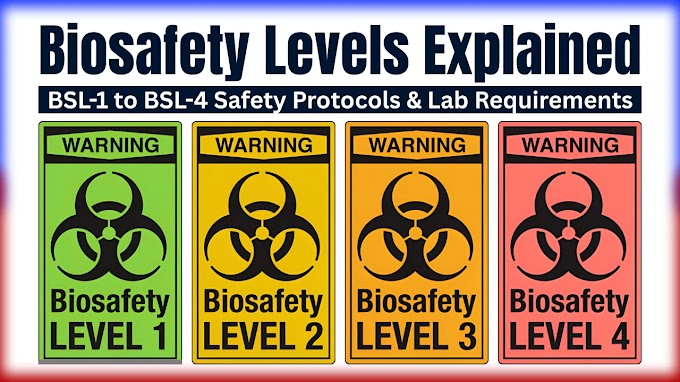Recent research reveals a concerning rise in drug-resistant hookworms in Australia, highlighting potential risks to both pets and humans. Scientists from the University of Queensland and the University of Sydney have uncovered widespread resistance to benzimidazole-based dewormers, which are commonly used to combat gastrointestinal parasites in dogs.
Key Findings:
- Prevalence of Resistance: Approximately 70% of hookworm samples tested exhibited genetic mutations associated with drug resistance.
- Affected Species: Resistance is spreading across multiple hookworm species, including the northern hookworm, previously thought to be unaffected.
Health Impacts:
- In Dogs: Hookworms infect the small intestine, causing anemia, diarrhea, and malnutrition.
- In Humans: Hookworms can penetrate human skin, leading to cutaneous larva migrans (CLM), also known as "creeping eruption," which manifests as a snake-like rash, blisters, and severe itching.
The Growing Challenge
Dr. Swaid Abdullah from UQ’s School of Veterinary Science emphasized the gravity of the situation:
"Hookworm infections pose a significant risk to both animal and human health. The failure of benzimidazole-based treatments is a serious issue requiring urgent attention."
The research team used advanced diagnostics to analyze over 100 animal samples from Australia and New Zealand. Their findings point to routine overuse of dewormers as a key driver of resistance.
A Call for Responsible Parasite Management
Professor Jan Šlapeta from the University of Sydney stressed the importance of rethinking parasite control strategies:
"Blanket deworming practices are contributing to resistance. A shift toward targeted, risk-based treatments is essential for effective management."
The Way Forward
To combat drug-resistant hookworms, veterinarians and pet owners must adopt responsible parasite management practices:
- Targeted Treatments: Administer dewormers based on risk and need rather than routine use.
- Ongoing Monitoring: Regularly track resistance patterns to adapt control strategies.
- Research Innovations: Invest in developing new anti-parasitic drugs to stay ahead of evolving resistance.
Implications for Public Health
The rise of drug-resistant hookworms signals the potential end of effortless parasite control. Both pet owners and veterinarians must collaborate to safeguard animal and human health.
Stay informed about parasite resistance trends and consult your veterinarian for effective, risk-based deworming solutions. Together, we can help curb the spread of resistant hookworms.
References:
Abdullah, S., et al. (2024). Widespread occurrence of benzimidazole resistance in canine hookworms. International Journal for Parasitology.








